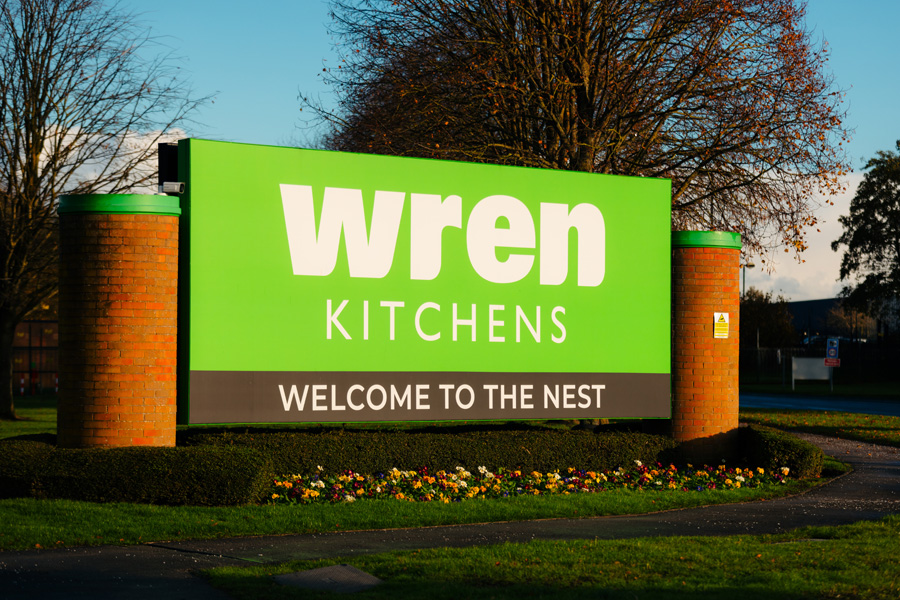The Building Research Establishment (BRE) – the leading building science centre – is calling for immediate support for homeowners to retrofit the 12 million homes in England that do not currently meet adequate energy performance levels as part of the government’s upcoming Warm Homes Plan.
New data published in the government’s English Housing Survey (EHS) shows that, for the first time in history, over 50% of homes now meet at least Energy Performance Certificate band “C”, a marker of reasonable energy efficiency.
Significant progress has been made in the social housing sector, however, BRE is calling for large-scale, targeted action in private sector properties – both rented and owner-occupied – to deliver healthy, low-carbon, and low-cost homes.

The government has already made some announcements about elements of its Warm Homes Plan, which is set to be unveiled fully in the Spring. So far, this has involved Local Grant funding focused on tackling fuel poverty. The future of the £1bn a year ECO programme - also focused principally on low-income homes - will also need to be an important consideration. This obligation on energy suppliers to deliver home retrofits ends its current phase in 2026.
Ahead of the full Warm Homes Plan being announced this spring, BRE’s analysis of the latest official data reveals a wide range of households which will require some form of support if the UK is to achieve its net zero goals in the built environment.
This includes wealthier households in the owner occupier sector, which might not struggle to pay fuel bills but can still have difficulty in heating their home effectively due to poor insulation or inadequate heating systems and can face health risks, especially where residents are elderly or susceptible to illness.
The burden of addressing the half of homes that are inefficient (banded below Energy Performance Certificate (EPC) C) is almost entirely a private sector problem (90%); flats in converted houses are the least energy efficient type of home. Problems associated with this house type are compounded by wider quality issues and the complexities of navigating retrofit with multiple owners in one building.
Progress on retrofitting private rental properties also remains slower than needed, with this tenure having the highest proportion of the very least efficient, EPC F and G banded homes compared to owner-occupied and social housing.
Whether in low-income, wealthier, rented or owned households, a principal concern of the government’s Warm Homes Plan will need to be prioritising the retrofit of the lowest EPC banded homes, which can carry health and safety risks from ill-health caused by cold.
According to separate research by BRE, in both owner occupied and privately rented homes, the largest cost burden to the NHS from poor housing is ill-heath caused by cold homes. In 2023 BRE estimated that the NHS is spending over £500mn a year treating cold-related ill-health caused by homes in the very bottom EPC F and G bands.
BRE is therefore calling for the government’s full Warm Homes Plan to include targeted offers of retrofit advice to groups such as the over-65s who own over 40% of owner-occupied homes below EPC C2. The Warm Homes Plan should also involve help with accessing financing for households that need it. By capturing the full spectrum of energy inefficient housing stock, the government will be able to go further and faster on its drive to net zero, while fully protecting households from high bills and cold homes.
Jane Goddard, Managing Director, Building Performance Services and Deputy CEO of BRE: “We have made encouraging progress to date on retrofitting our existing housing stock, with over half of English homes now meeting the reasonable EPC C standard.
“However, our approach to the remaining energy inefficient homes will require consideration to ensure the Warm Homes Plan can target a much wider group of households with effective support.
“Local authorities will be crucial in this journey and require the necessary data, capacity, funding and powers to deliver energy efficiency improvements to homes most in need. The upcoming English Devolution Bill will hopefully mark a welcome step in this process.”
Read the full briefing




















